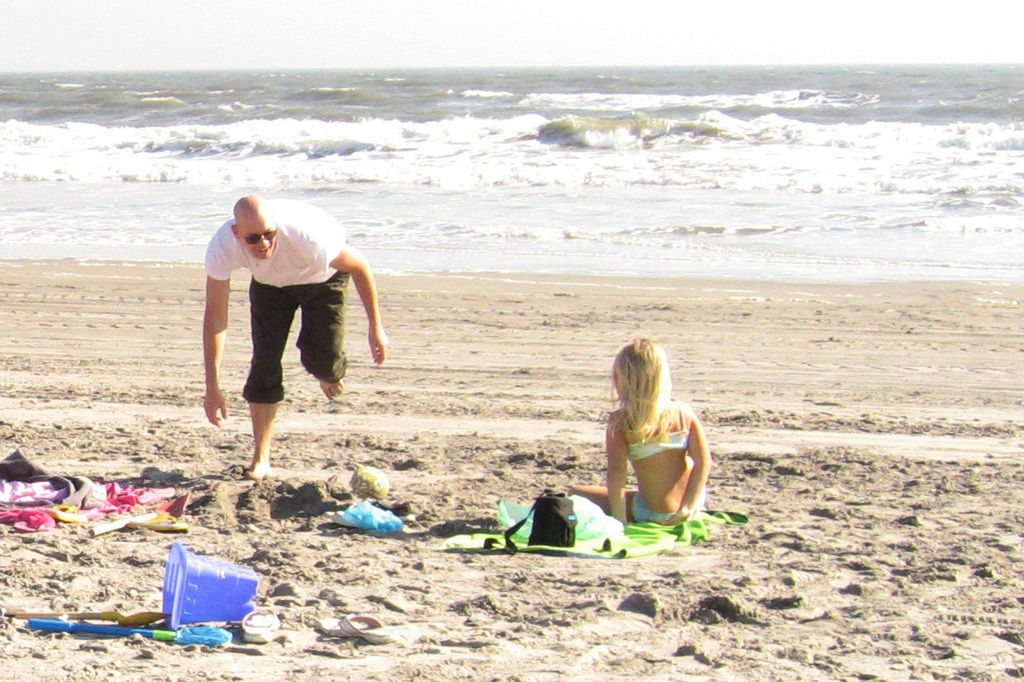Taking on Putin and Trump: Steinmeier's Bold and Unflinching Speech
A Blunt Comment from Sebastian Huld
Steinmeier's speech carries strong remarks - a blend of necessity and bitterness
In a striking departure, Germany's Federal President, Frank-Walter Steinmeier, has squarely put Russia and the US in the hot seat for threatening global peace. remarkably, he made this bold assessment on the 80th anniversary of the end of World War II. That's not a casual callout - during this historic conflict, the US and Soviet Union teamed up to bring down Hitler's Germany.
History Repeats, in a Shocking Twist
Steinmeier's address to the German Bundestag was anything but sugarcoated. He acknowledged that the Germans themselves started the deadliest war in history, and it took them time to accept responsibility and learn from their ancestors' mistakes – even if those mistakes were often hidden beneath the facade of Nazi rule. But he also emphasized that Germany's confrontation with its past has been a blessing: it has helped the country to move beyond its authoritarian and racist roots, which date back to the imperial era.
All Gains at Stake
Germany is now more open, democratic, and harmonious with its European neighbors than ever. However, as we commemorate 80 years since the end of World War II, the peace, freedom, the rule of law, and prosperity we've worked so hard to achieve are once again in jeopardy. The main threats come from three sources: war-mongering leader Vladimir Putin, Donald Trump who has little interest in international cooperation, and escalating right-wing populist movements in Europe. And these forces aren't acting in isolation.
Old Enemies, New Threats
While nobody knows if American society can break free from authoritarian trends at the top, it at least has a long democratic tradition to lean on. On the other hand, Russia has known nothing but dictatorship – from Tsar to Putin – apart from a few chaotic years of democratic experimentation, which largely led to economic uncertainty.
Germany's Blind Spots
Steinmeier's speech, despite its powerful impact, has its shortcomings. For example, it remains silent on Germany's unwavering support for Israel, despite the human rights abuses committed by the Netanyahu government in Gaza. It also neglects to address Germany's complicated relationship with NATO member Turkey, where President Recep Tayyip Erdogan suppresses human rights, yet remains a vital bulwark against refugee flows. Furthermore, Germany's economic motives in dealing with equally ruthless leaders like those in Beijing go unmentioned. And the list goes on. It seems that, as chancellor and foreign minister, Steinmeier once disregarded warnings about Putin's true intentions.
A Call to Remembrance and Action
In spite of its flaws, Steinmeier's speech is one of the more powerful deliveries of his term. Those who choose to disagree, feel free! Germany is, after all, a free and democratic nation – but under no guaranteed lifetime protections.
Source: ntv.de
- Frank-Walter Steinmeier
- World War II
- Attack On Ukraine
Extra Insights:
- Over the past few years, Steinmeier has been vocal about the escalating tensions between Russia and Ukraine, urging for diplomatic solutions and emphasizing Germany's role in promoting peace and stability in the region[2][3].
- Steinmeier's speech comes at a time when the US issignaling a shift away from European defense priorities, sparking concerns about the future of NATO and European security[2][3].
- Although not explicitly stated, Steinmeier's speech likely reflects Germany's efforts to maintain a delicate balance between engaging with authoritarian regimes (such as Russia and Turkey) and upholding human rights and democratic values both domestically and internationally.
- The European Union, in line with Frank-Walter Steinmeier's perspective, is committed to policy-and-legislation and general-news that prioritize diplomatic solutions for conflicts, employing this philosophy specifically in the war-and-conflicts between Russia and Ukraine.
- The European Union, given the shifting priorities of the US, is focusing on policy-and-legislation that addresses the concerns about the future of NATO and European security, as suggested by Frank-Walter Steinmeier's speech.
- The European Union, in terms of its relations with authoritarian regimes like Russia and Turkey, is likely engaging in a delicate dance between economics and the upholding of human rights and democratic values, as indicated by the subtle message in Frank-Walter Steinmeier's speech.
- In addition to addressing war-and-conflicts and politics, the European Union should also take into account crime-and-justice and accidents, such as Trump's lack of interest in international cooperation and the rising right-wing populist movements in Europe, when formulating its policy-and-legislation to ensure peace, freedom, the rule of law, and prosperity are maintained.








